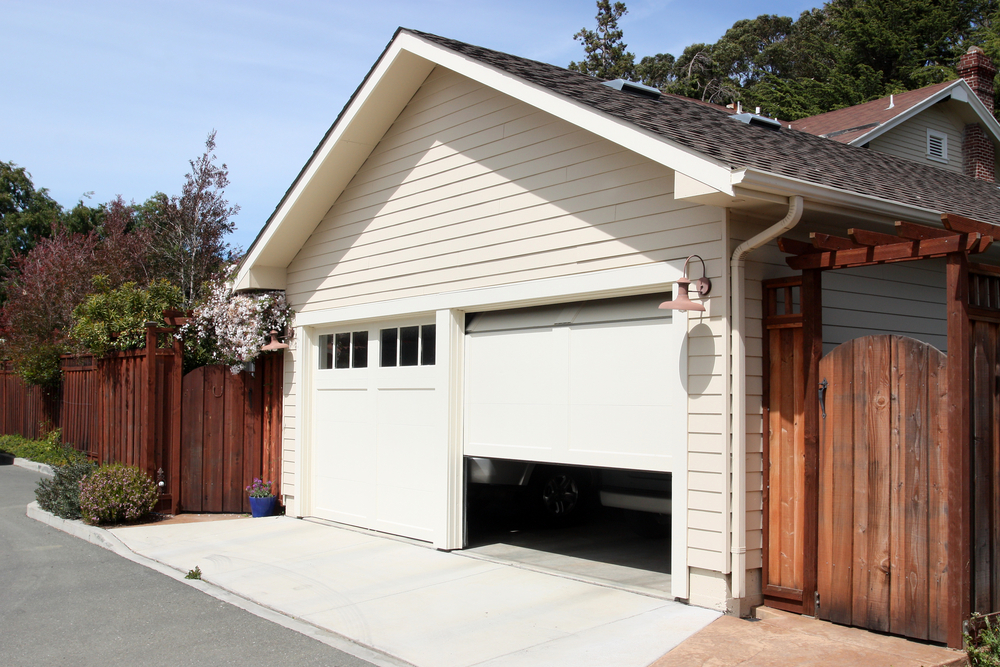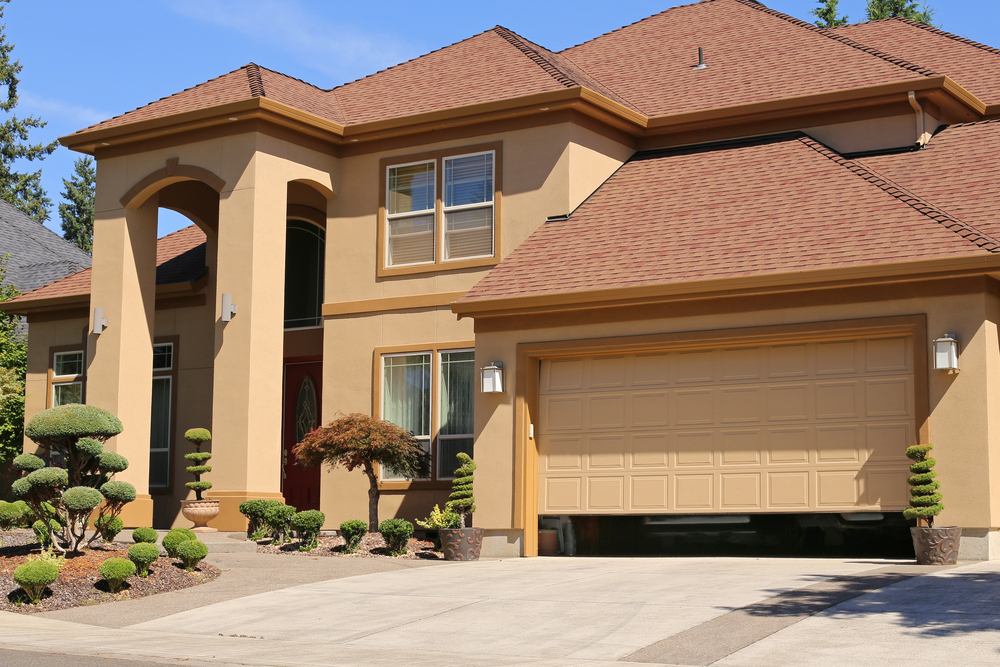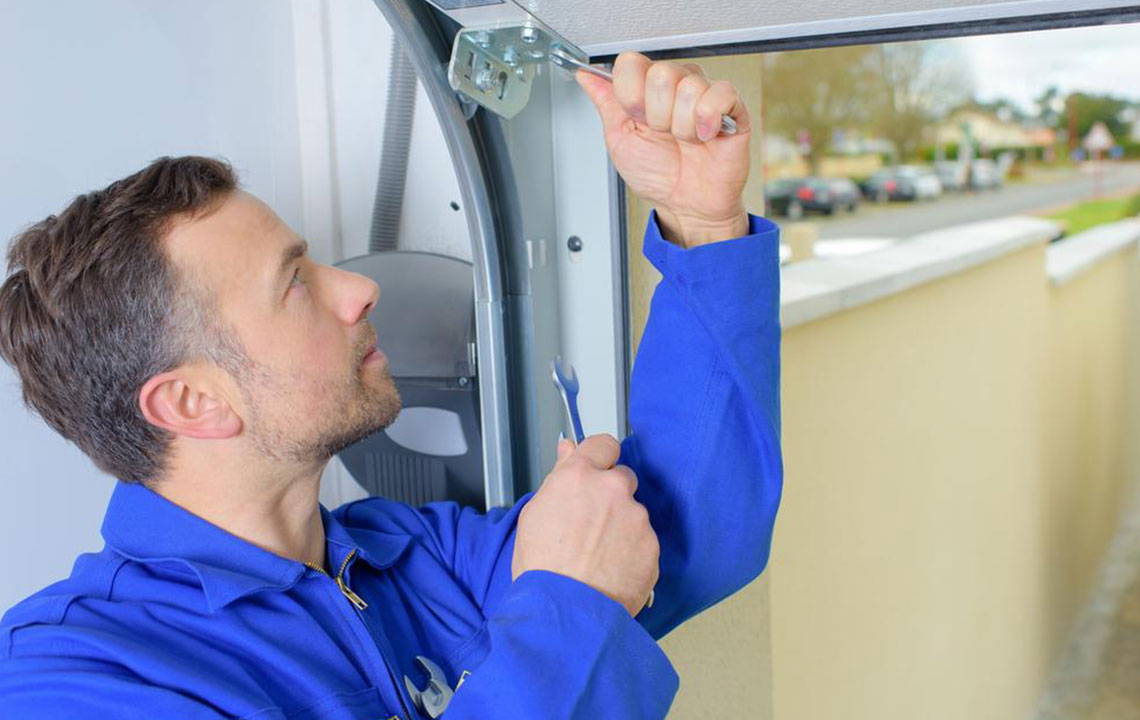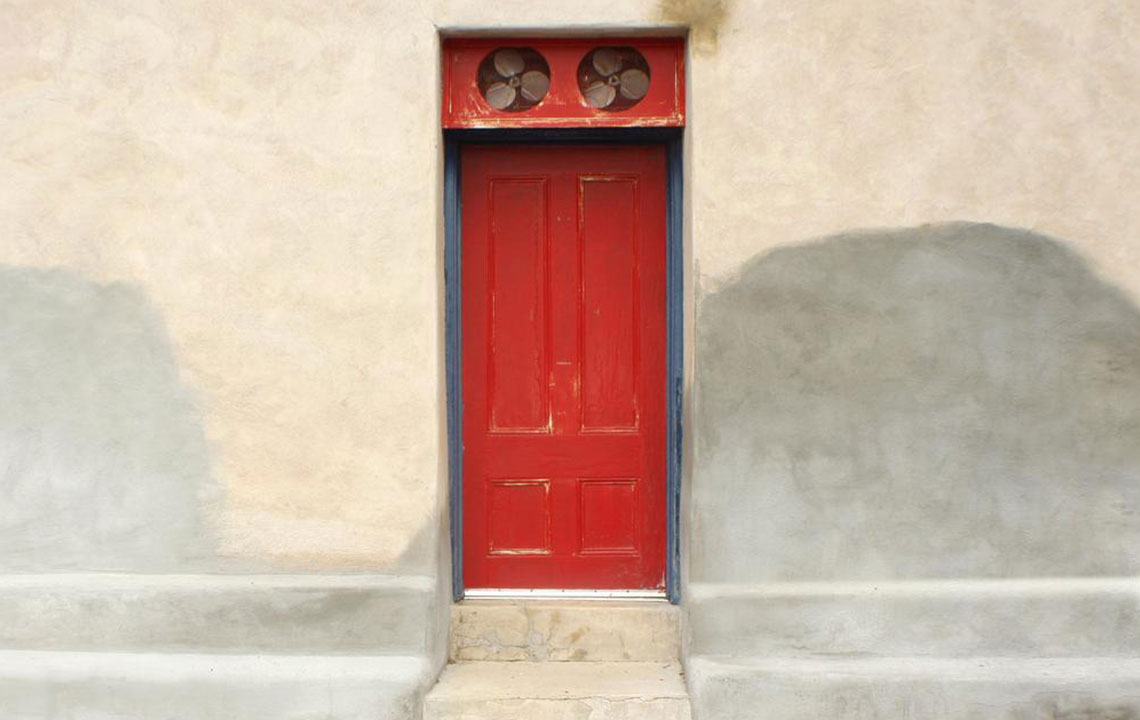Comprehensive Guide to Choosing and Maintaining Your Residential Garage Door
Learn comprehensive strategies for selecting the perfect residential garage door, considering material, design, security features, and cost. Discover essential maintenance tips to ensure durability and security, including cleaning routines, inspections, and spring adjustments. This guide helps homeowners make informed decisions to enhance safety, curb appeal, and long-term performance of their garage doors, combining expert advice with practical steps for ongoing upkeep.

Comprehensive Guide to Choosing and Maintaining Your Residential Garage Door
Your home’s garage door plays a vital role in protecting your property while also enhancing its visual appeal. Given that a typical garage door covers a significant portion of your home's facade—sometimes over 25%—selecting the right model is crucial for ensuring both security and style. Investing time in understanding the various options will help you make an informed decision that balances durability, aesthetics, and cost-effectiveness.
Important Factors to Consider Before Buying a Garage Door
Before you decide on a garage door, it's essential to consider multiple aspects that influence its performance, safety, and longevity. A well-chosen garage door not only safeguards your home but also adds to its overall value and curb appeal.
Material Selection: The durability of a garage door significantly depends on the material used. Options such as aluminum, stainless steel, fiberglass, and wood each have their advantages and considerations. Reputable brands like Amarr, Clopay, Overhead Door, and Wayne Dalton provide a wide range of high-quality materials suited for different needs and environments.
Weather Resistance: Aluminum garage doors are highly resistant to corrosion, making them excellent for humid or coastal climates. Fiberglass, known for its resilience and lightweight qualities, can face cracking issues during extreme cold. Wooden doors, while visually appealing, require more maintenance and are less resistant to weathering.
Design and Appearance: Garage doors come in various styles, from traditional panel designs to modern, sleek finishes. The choice of design can significantly influence your home's overall curb appeal. Consider selecting a style that complements your home's architecture for a cohesive look.
Cost and Budget: Finding a balance between cost and features is key. Many vendors, including Direct Garage Doors, DoorsOn-Line, and Lowe’s, offer a range of options that combine affordability with advanced security and convenience features.
Security Features: Modern garage doors incorporate high-tech security measures such as rolling-code technology, which updates the security code each time the door is operated, preventing code grabbing and unauthorized access. Always request detailed security specifications from manufacturers.
Warranty and Support: Ensure the garage door comes with a comprehensive warranty covering various damages and operational issues. Confirm the duration of the warranty and what it encompasses. Professional installation and support are also vital for long-term performance.
Operational Convenience: Modern remote controls and smart automation systems make opening and closing garage doors easier and more secure. Familiarize yourself with these features to enhance your user experience.
Regular Maintenance for Longevity and Security
Proper maintenance is crucial in extending the lifespan of your garage door and ensuring smooth operation. Regular inspections and timely repairs can prevent costly issues and maintain your home's security.
Cleaning Tips and Preventive Care
Maintaining a clean garage door surface helps prevent rust, corrosion, and buildup of dirt and debris. In coastal areas or regions with high humidity, more frequent cleaning—every three months—is advisable.
Use mild detergents mixed with water and soft cloths or sponges to gently clean surfaces, paying particular attention to hinges, weather seals, and the top sections of the door. Rinsing thoroughly ensures no residue remains that could cause damage over time.
Annual Maintenance Checklist
Lubrication: Apply lightweight household oil or garage door lubricant to all moving parts, including hinges, rollers, and torsion springs, to reduce friction and prevent wear.
Hardware Inspection: Check screws, bolts, and other fasteners regularly. Tighten or replace any that are loose or missing to avoid operational issues.
Hinge and Track Inspection: Examine hinges and tracks for misalignment, damage, or debris. Realign or repair as needed, preferably with professional assistance for complex adjustments.
Spring Adjustment: Torsion springs must be adjusted carefully to ensure balanced operation. This task is best handled by trained technicians, as improper handling can be dangerous.
Damage Inspection: Look for scratches, dents, or cracks. Use appropriate cleaning agents, especially in humid or salty environments, to prevent further deterioration. Note that cosmetic damage is not usually covered under warranty.
Seal and Weatherstrip Maintenance: Inspect weather seals and replace any that are worn out or damaged to maintain insulation and security.
By following these maintenance routines, homeowners can safeguard their investment, improve the door's lifespan, and ensure consistent, safe operation.





